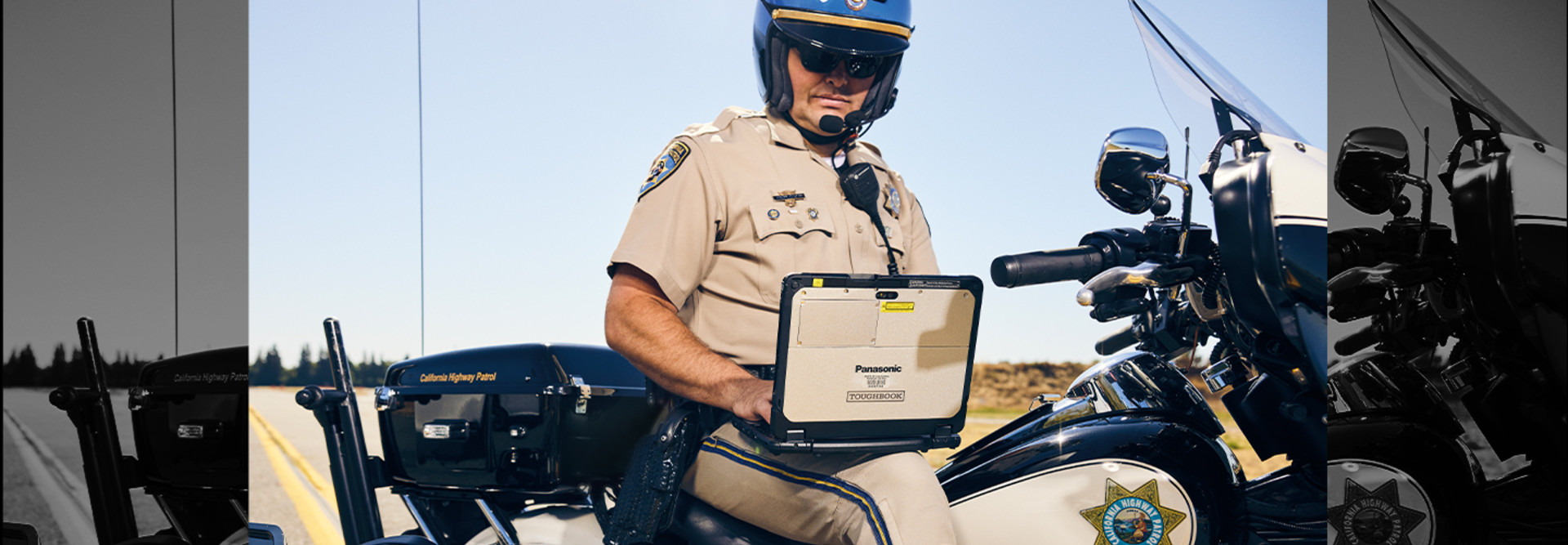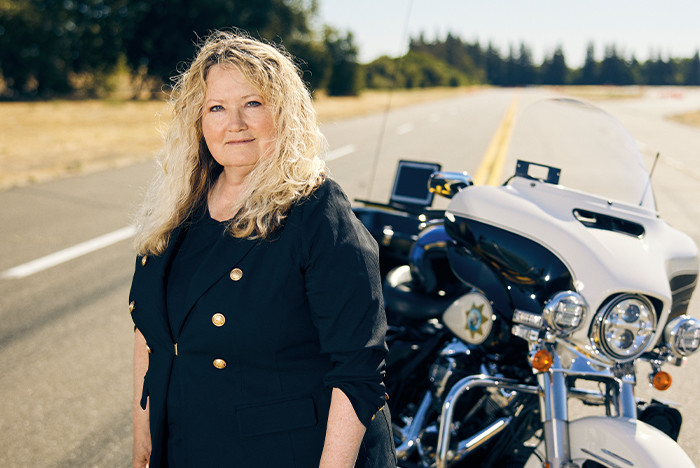“Adoption was immediate, and feedback from the field was positive,” says Kimberly Holder, CTO of the California Highway Patrol
“The fact is, sitting inside a patrol vehicle at an MDT, with the officer’s attention drawn away from traffic and pedestrians, can increase the risk of injury and reduce officer safety,” Holder says. “The tablets provide the opportunity for officers to record data in a manner that increases safety based on the environment, while also allowing them to use common systems, such as e-citations and crash reporting.”
RELATED: Discover how better data enhances emergency response.
Public Safety Aims for Digital Transformation
Digital transformation is a hot topic across many types of organizations — from business to healthcare and schools. However, few groups are tackling transformation at the same time they face the kind of extra scrutiny that law enforcement faces. California’s RIPA legislation is meant to boost confidence in and transparency by police but leaves up to agencies the best way to collect, store and report the required data.
“Everyone thinks law enforcement functions like the CSI-type dramas on TV. But it’s much more analog,” says Alison Brooks, research vice president for worldwide public safety at IDC. “That can lead to all manner of data duplication, re-entry and, in some cases, errors. There is now a broad trend to ensure data integrity, and for many agencies, that means equipping officers with better mobile tools so they can do data entry just once and be more available to the community.”
MORE FROM STATETECH: How can video walls enhance situational awareness for emergency operations?
FirstNet Enables Secure Emergency Communications
The Toughbook CF-20 is one of more than 200 mobile devices certified to work with the First Responder Network Authority (FirstNet), the nationwide broadband network for public safety agencies, including police and fire.
FirstNet was established by Congress in the aftermath of 9/11 to provide a secure, dedicated wireless broadband network for first responders and other organizations involved in critical infrastructure and public health and safety.
For a device to work on FirstNet (established by telecommunications giant AT&T), an agency must subscribe to FirstNet service and the device must support a FirstNet SIM card, which provides access to FirstNet’s dedicated and highly secure core network. FirstNet Ready devices also support access to Band 14, the radio spectrum in the 700MHz range set aside by Congress for the purpose.













